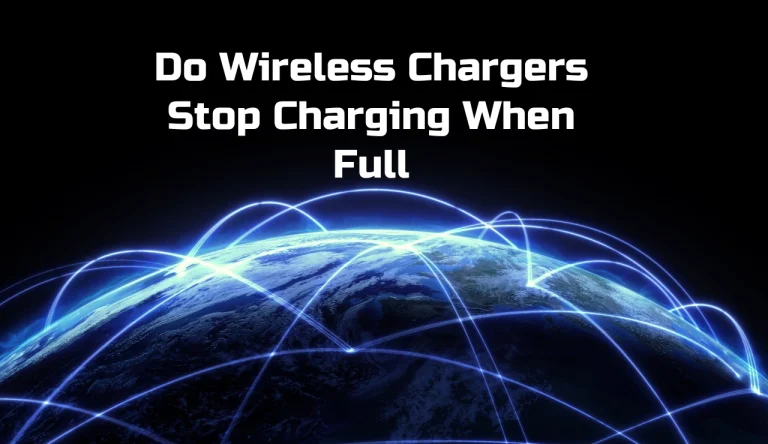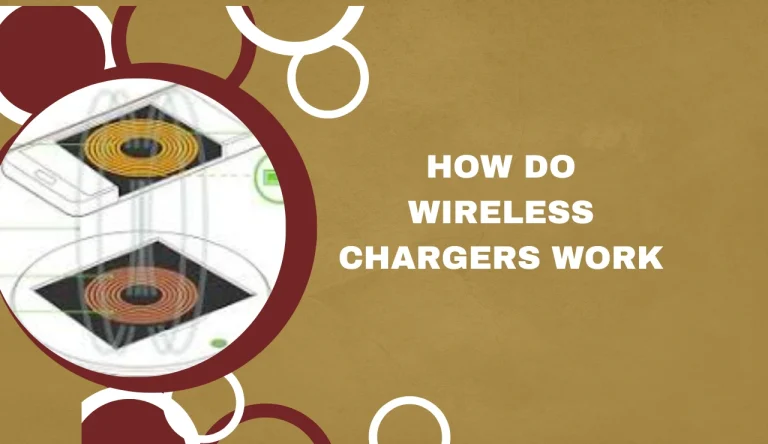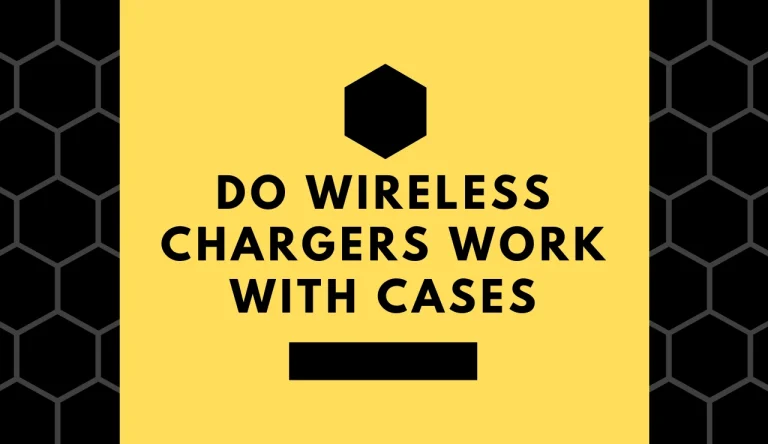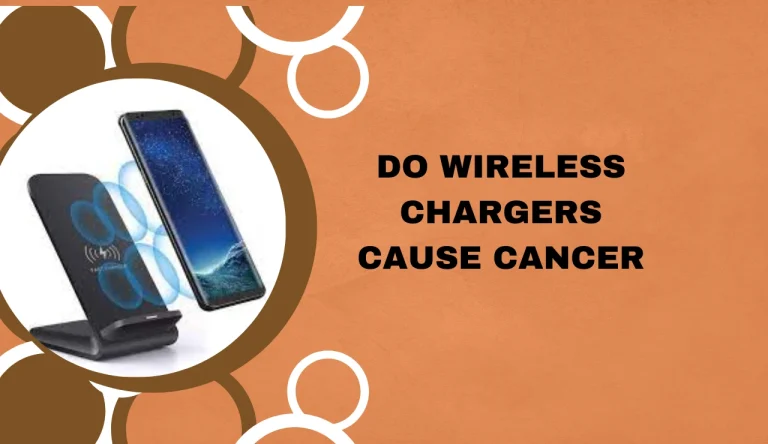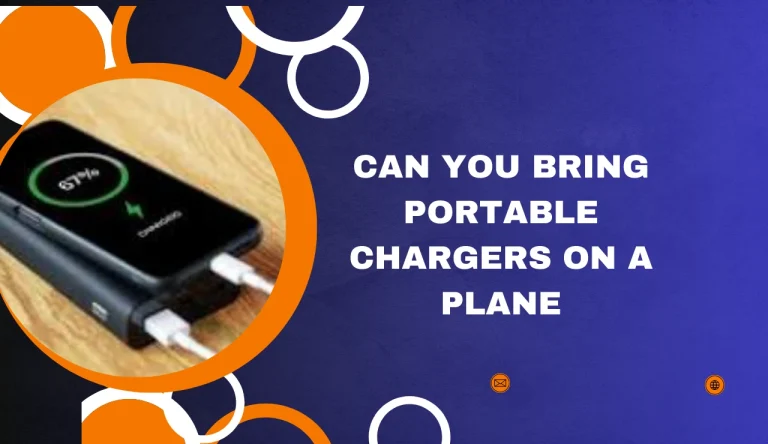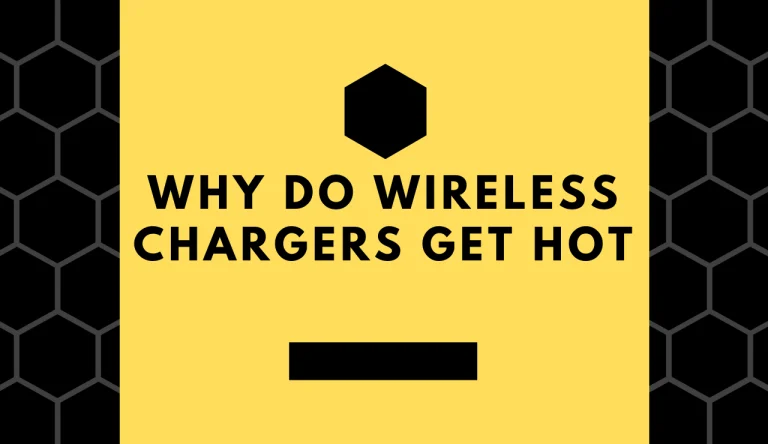Are Wireless Chargers Bad For Your Phone
Are Wireless Chargers Bad For Your Phone? It’s a question that many smartphone users have asked themselves. In this article, we will explore the truth behind this popular concern and provide you with the information you need to make an informed decision.
Wireless charging has become increasingly popular in recent years as it offers a convenient and cable-free way to charge your device. However, there are some misconceptions surrounding its impact on battery life and overall device health.
Understanding how wireless charging works is crucial in dispelling these myths. By using electromagnetic fields to transfer energy from the charger pad to your phone, wireless chargers eliminate the need for cables or physical connections. But does this convenience come at a cost?
We will delve into the impact of wireless charging on battery life, debunk common myths, discuss factors that can affect charging efficiency, and provide expert recommendations for safe and efficient use.
So sit back, relax, and let’s explore whether wireless chargers are truly bad for your phone or simply misunderstood.
Key Takeaways
- Wireless chargers use electromagnetic fields to transfer energy, eliminating the need for cables or physical connections.
- Positioning of the charger and device can affect wireless charging efficiency, so it is important to position the phone correctly.
- Certain cases or accessories, such as metal plates or magnetic holders, can interfere with wireless charging.
- Using reputable wireless chargers specifically designed for your phone model is recommended to avoid potential damage.
How Wireless Charging Works
Get ready to be amazed by how wireless charging actually works!
Wireless charging technology allows you to charge your phone without the need for a physical connection. It uses electromagnetic fields to transfer energy between your phone and the charging pad or dock.
When you place your phone on the charger, the transmitter coil in the pad creates an alternating magnetic field. This field induces a current in the receiver coil located inside your phone, which then charges the battery.
One of the benefits of wireless charging is its convenience. You no longer have to fumble with tangled cords or worry about damaging your charging port. Simply place your phone on the charger, and it starts juicing up! However, it’s important to note that wireless chargers may not provide as fast of a charge as wired chargers.
Now that you understand how wireless charging works, let’s explore its impact on battery life.
The Impact of Wireless Charging on Battery Life
Imagine how convenient it would be to simply place your device on a charging pad and effortlessly power up without any noticeable impact on battery life. Wireless charging offers this level of convenience, but what about its impact on battery life?
Well, the truth is that wireless chargers do have some long-term effects on your phone’s battery. While they may not cause immediate damage, continuous use of wireless charging can lead to slower charging speeds over time. This is because wireless chargers generate heat, which can degrade the battery’s overall capacity.
So, while wireless chargers are convenient, it’s important to consider their impact on your phone’s battery life in the long run.
Now let’s debunk some common myths and misconceptions about wireless chargers…
Common Myths and Misconceptions about Wireless Chargers
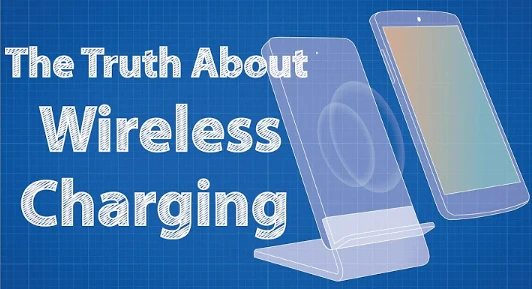
Don’t be fooled by common myths and misconceptions surrounding wireless charging – there’s more to this technology than meets the eye!
One of the biggest concerns is the potential harm caused by electromagnetic radiation emitted from wireless chargers. However, studies have shown that these chargers emit a very low level of radiation, far below what is considered harmful. So rest assured, your phone is safe.
Another misconception is that not all smartphones are compatible with wireless chargers. While it’s true that older models may not support this feature, most modern smartphones do. Manufacturers have been incorporating wireless charging capabilities into their devices for years now, making it easier than ever to charge wirelessly.
Now that we’ve debunked these myths, let’s delve into factors that can affect wireless charging efficiency without skipping a beat.
Factors that Can Affect Wireless Charging Efficiency
One of the key factors that can impact how efficiently your device charges without any wires is the positioning of the charger and device. Wireless chargers typically have a charging distance of around 1-4 centimeters, so it’s important to align your phone properly on the charger to ensure a good connection.
You may also experience compatibility issues if your phone is not designed for wireless charging or if you’re using an incompatible charger. It’s worth noting that certain cases or accessories, such as metal plates or magnetic holders, can interfere with wireless charging as well.
To maximize the efficiency of your wireless charging, make sure to position your phone correctly and use compatible equipment.
Now let’s move on to some tips for maximizing the lifespan of your phone’s battery…
Tips for Maximizing the Lifespan of Your Phone’s Battery

To ensure your device’s battery lasts as long as possible, here are some helpful tips for battery maintenance and charging habits. First, avoid letting your phone’s battery completely drain before charging it again. Instead, try to keep it between 20% and 80% charged to maximize its lifespan.
Additionally, using the original charger that came with your phone is recommended, as third-party chargers may not provide the same level of quality or safety. It’s also important to keep your phone at a moderate temperature while charging, as extreme heat or cold can negatively impact the battery’s performance.
Finally, consider occasionally giving your phone a break from wireless charging and using wired chargers instead. By following these guidelines, you can help prolong the life of your phone’s battery.
Now let’s move on to discussing the pros and cons of using wireless chargers.
The Pros and Cons of Using Wireless Chargers
Using a wireless charger offers convenience and eliminates the hassle of dealing with tangled cords. It allows you to simply place your phone on the charging pad and have it charge without any physical connection. However, there are some pros and cons to consider.
Pros:
- Wireless charging speed has improved over the years, with many chargers now able to provide fast charging capabilities.
- Wireless chargers are compatible with most phone cases, so you don’t need to remove them every time you want to charge your phone.
Cons:
- Wireless charging is generally slower compared to wired charging methods.
- Some wireless chargers may not work well with thick or metal phone cases, as they can interfere with the charging process.
In the next section, we will discuss expert recommendations for safe and efficient wireless charging techniques that can help you make the most out of your device’s battery life.
Expert Recommendations for Safe and Efficient Wireless Charging
Now that you know the pros and cons of using wireless chargers, let’s dive into expert recommendations for safe and efficient wireless charging.
When it comes to wireless charging, speed is an important factor to consider. Some wireless chargers may charge your phone slower than others, so it’s essential to choose the best wireless charger that suits your needs.
To ensure a safe and efficient charging experience, experts recommend using wireless chargers from reputable brands that are specifically designed for your phone model. These chargers are often tested rigorously to meet safety standards and provide optimal charging performance.
Additionally, it’s advisable to avoid using cheap or counterfeit wireless chargers as they may not have undergone the same quality checks and could potentially damage your phone.
By following these expert recommendations, you can enjoy fast and reliable wireless charging without compromising the health of your device.
Frequently Asked Questions
Conclusion
In conclusion, using wireless chargers for your phone can have both advantages and disadvantages. While they offer convenience and eliminate the need for cables, it’s important to note that wireless charging may slightly decrease battery life over time. However, this impact is minimal compared to other factors that affect battery health.
By following expert recommendations and taking steps to maximize battery lifespan, you can safely and efficiently use wireless chargers without significant negative effects on your phone’s performance.

